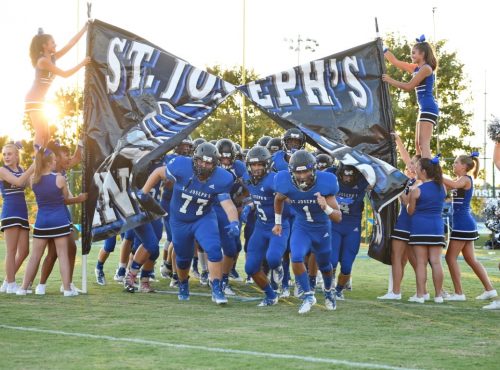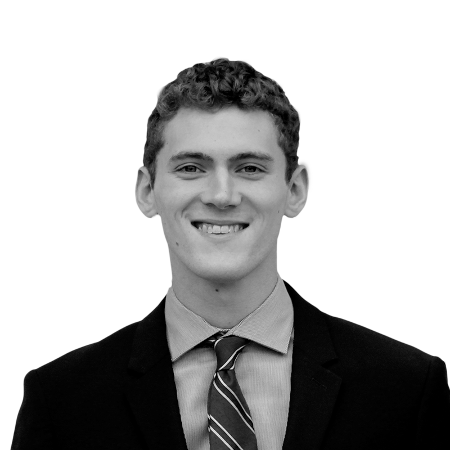Independent schools scale first legal hurdle in athletics rules discrimination case
On Monday, June 22, a Richland County judge ruled in favor of independent schools across the state who sued the South Carolina High School League (SCHSL) over new rules that would limit the athletic participation of public charter and private school students. Palmetto Promise has been supportive of these plaintiff families, providing coverage and analysis here and here.
Why did the independent schools sue over the new rules?
Essentially, an amendment to the SCHSL by-laws passed in March, 2020 removes a status known as “limited eligibility,” which allowed a transferring student, instead of sitting out a year, to play down to the Junior Varsity (JV) level until he or she is eligible for Varsity. Students transferring within a school district have always been eligible to play immediately with full eligibility. That would not have changed with the new rule.
Although the transfers amendment technically affects all SC students, the effect of the change targets independent and charter school students, as those schools are obviously not part of districts and wouldn’t be able to take advantage of the intra-district transfer exception.
With the new rule, most students who transfer to an independent or charter school would have to sit out a year before being able to play sports for their school. Rising seniors who transfer in would be banned from playing entirely, a horrible prospect for an athlete and his or her family.
Richland County Court of Common Pleas judge Jocelyn Newman agreed with the plaintiffs’ interpretation of the SCHSL rules, writing in her ruling that independent schools would suffer “irreparable harm” due to the SCHSL’s decision. Her decision essentially stays the new rule from being enforced until the parties can come before a court.
A win for parents and students
However incomplete, this is a massive first round legal win, not only for those schools that sued, but also for the parents and students that pushed back. A rule like this would be devastating for independent schools—independent schools that are struggling to maintain enrollments due to COVID-19.
Note: The Richland decision comes in the midst of a crisis for independent schools, who are seeing a projected dip in Fall enrollment that could threaten to put some SC schools out of business. (At last count, 73 private schools across the country have closed.) Palmetto Promise surveyed a statistically significant sample of the independent schools across South Carolina. That research showed private schools could be looking at as much as $20 million in losses.






